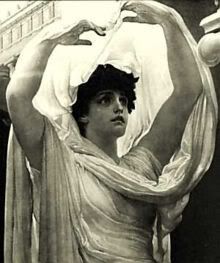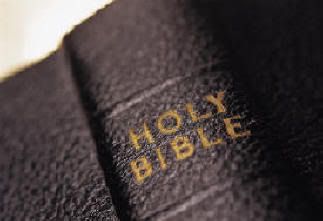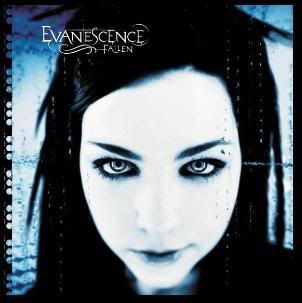Bertrand Russell on Confidence and Evidence

Bertrand Russell was a philosopher, logician, and mathematician.
I want to consider two quotes attributed to him. The purpose is to identify the voice of devotion, especially as it relates to the words of men who ask to be taken seriously.
Bertrand Russell was asked what he would say to God after he died. The question was something along the lines of, "Why didn't you believe in me?"
And Bertrand Russell responded:
"Not enough evidence, God. Not enough evidence."
I want to consider two quotes attributed to him. The purpose is to identify the voice of devotion, especially as it relates to the words of men who ask to be taken seriously.
Bertrand Russell was asked what he would say to God after he died. The question was something along the lines of, "Why didn't you believe in me?"
And Bertrand Russell responded:
"Not enough evidence, God. Not enough evidence."
In my opinion Bertrand Russell was making a very strong equivocation ... one so common that it is hardly noticable in our world today. When Bertrand Russell said "evidence" what he really meant was "external evidence".
If he would have responded more clearly, I could easily picture God asking, "Did you want to believe I was here, Bertrand? That I was right here around you all along?"
But of course, this question is totally irrelevant and biased in the mind of a mathematician or philosopher.
Suppose the question is asked, "Does 1 / x converge as x approaches infinity?". To a mathematician it may be of some significance to ask if "he thinks" it converges. Intuitions are occasionally valuable to mathematicians. To ask if "he wants" it to converge is outright heresy.
As Soren Kierkegaard is quick to point out in Philosophical Fragments a mathematician can say 'true' things all the time about formulas - by definition their truth has nothing to do with the mathematician.
But falling in love is totally different.
If you approach a man and ask, "Do you, sir, love this woman?" An analytical philosopher or mathematician might start out saying, "Well, the nature of women ..." Or "The essence of love is ...". But the question, "Do you, sir, love this woman?" Is not a question about the nature or attributes of women or love.
The question is about something inside the man. Isn't the question about believing to God identical to the love question?
Blaise Pascal -a mathematician himself- once noted that a convert who became a Christian on the basis of classical proofs was likely to be enthusiastic at first but soon to start checking and rechecking his logic. He concluded such a basis was often shaky at best.
And this brings us to the next quote from Bertrand Russell:
"The trouble with the world is that the stupid are cocksure and the intelligent are full of doubt."
Bertrand Russell's observation lends itself to the age-old paradox that fools fall in love while the shrewd and crafty often become worse than criminals.
Why are the intelligent so full of doubt? Perhaps because they have so many ideas that as soon as they accept a view, a new idea comes along and pulls them in a different direction.
Why are the fools so confident? Perhaps because there is little to distract them from considering primarily what they want.
In some ways this latter quote is a sad reflection on who Bertrand Russell was. He was in some sense an intelligent man full of doubt. Perhaps his intelligence afforded him many things, but it could not -by his own admission- give him the clarity of a fool.
Jesus praised God because He had hidden His good things from the wise and learned and revealed them to little children. Children don't need college degrees to "find out" if they love their parents.
Devotionally speaking, a person need not consult with philosophers and mathematicians to discover what his longings are: the true priorities deep inside him.
This is the evidence God wants us to find, and the only evidence which demands a verdict.
Labels: Angst, The System
Read More ...





